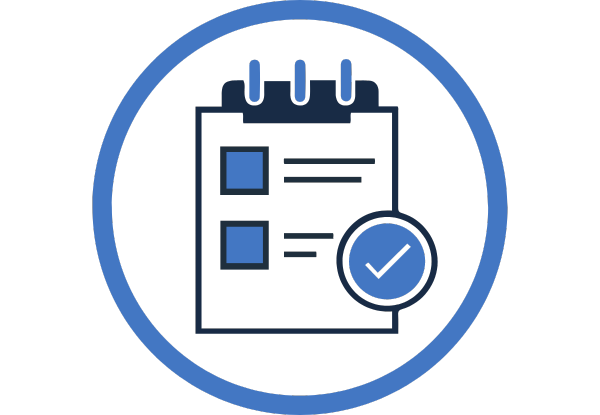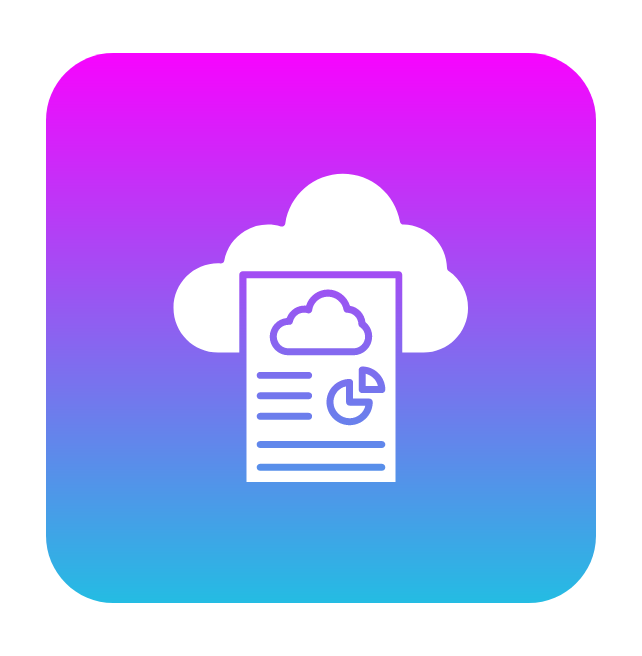
Unlock Vital Information
Case Notes: Unveil the Secrets of Your Immigration File
Use Cases
Why Case Notes Matter
.png?width=40&height=40&name=Untitled%20design%20(40).png) Historical Accuracy
Historical Accuracy
Ensure consistency in new applications by referring to past submissions.
.png?width=40&height=40&name=Untitled%20design%20(41).png) Unauthorized Submissions
Unauthorized Submissions
Verify what has been submitted on your behalf by unauthorized agents.
.png?width=50&height=50&name=Untitled%20design%20(42).png) Processing Delays
Processing Delays
Understand why your application might be taking longer than usual.
.png?width=40&height=40&name=Untitled%20design%20(19).png) Appeals and Reapplications
Appeals and Reapplications
Gain insights into refusal reasons to build a stronger case for appeal or reapplication.
.png?width=40&height=40&name=Untitled%20design%20(20).png) Status Updates
Status Updates
Learn your application's current stage and next steps, especially for multi-stage processes like Express Entry.
.png?width=40&height=40&name=Untitled%20design%20(43).png) Stalled Applications
Stalled Applications
Case notes can sometimes kickstart applications that are stuck after assessments are complete.
How It Works
The Step-By-Step Process
- Form
- Supporting Docs
- Secure Pay
- Consent
- Submision
- Case Note
Initial Information
Fill Out the Form
Provide basic applicant and application information. This is the starting point that helps us understand your needs and eligibility.


Document Upload
Upload Recent Letter
Attach the most recent letter from IRCC with your UCI and application number. This helps to verify your identity and the status of your application.
Financial Commitment
Pay Service Fee
Choose your plan and make the payment. Our transparent pricing ensures you know exactly what services you're paying for.


Legal Formalities
Sign Consent Form
You'll receive a consent form to print and sign in blue ink. This is a legally required step to authorize us to act on your behalf.
Submission and Patience
Submit and Wait
Send the signed consent form back to us, and we'll handle the rest. The processing time is typically 30 calendar days. Rest assured, we'll track the progress diligently.


The Outcome
Receive Results
We will either send you the case notes or schedule a consultation, depending on your chosen plan. This final step is designed to equip you with the insights or guidance you need.
Detailed Insights on ATIP and Your Rights
What is an ATIP Request?
-
Privacy Act: This Act is dedicated to protecting the privacy of individuals by regulating the collection, use, and disclosure of personal information by government institutions. Under the Privacy Act, Canadian citizens, permanent residents, and foreign nationals, no matter where they are located, have the right to access their personal information held by federal institutions like IRCC. This includes records such as Global Case Management System (GCMS) notes and application details. Importantly, Privacy Act requests are free of charge and allow individuals to request corrections to their data if inaccuracies are found. The Privacy Act also restricts the disclosure of personal information, which can only be shared with the individual’s consent or as permitted under specific exceptions in the Act.
-
Access to Information Act: Rooted in transparency, the Access to Information Act enables Canadian citizens, permanent residents, and individuals or entities present in Canada to request access to general records held by government institutions, such as IRCC. Unlike the Privacy Act, this Act allows eligible individuals to access broader institutional records that are not specific to personal data. This includes procedural documents, policy information, and general statistical data, promoting openness and accountability within government operations. For instance, an individual may request data on processing times for immigration applications. Each request under the Access to Information Act requires a $5 fee, and the Act emphasizes that only limited and necessary exceptions should apply to restrict access.
Types of Information You Can Request
Canada’s ATIP system allows you to access various types of information, depending on your eligibility and needs. Here’s a breakdown of the key categories:
Personal Information
Under the Privacy Act, you have the right to request access to your personal information held by federal government institutions. This includes:
- Global Case Management System (GCMS) Notes: Detailed notes by IRCC officers tracking the progress, assessments, and observations related to your immigration or citizenship application.
- Application Records and Copies: Records associated with your applications, including submitted forms and any correspondence related to your case.
If you notice any errors in your personal information, you can also request corrections to ensure accuracy.
General Government Records
Through the Access to Information Act, individuals and corporations in Canada (or their Canadian representatives) can request access to general government records. This includes information that helps you understand broader government operations, such as:
- Policies and Procedures: Documents explaining how immigration processes are handled.
- Statistical Data: Insights on processing times, approval rates, and other data relevant to immigration services.
What is the Global Case Management System (GCMS)?
The Global Case Management System (GCMS) is the central electronic database used by Immigration, Refugees and Citizenship Canada (IRCC) to manage and process immigration and citizenship applications. GCMS holds comprehensive information on each application, including personal details, application history, status updates, officer assessments, and notes. These GCMS notes provide insight into IRCC officers’ observations and decision-making processes, detailing each step of an application’s review and progress. Through a request under the Privacy Act, individuals can access their GCMS notes, offering a transparent view of their application’s status, eligibility assessments, and any additional comments made by officers. Access to these notes can help applicants understand how their file is being processed and provides a deeper level of detail beyond what is available on the general Application Status page.
Sample GCMS or Case Note

Case Note Pricing
QuickView Plan
Perfect for individuals who simply need a clear snapshot of their current application status and related documents.
$ 150
What's Included
- Status Update
- Refusal Notes
- Supporting Documents
- Electronic File
ExpertAssist Plan
Ideal for those seeking in-depth analysis, personalized consultations, and priority support for more complex immigration issues.
$ 300
All Starter features, plus
- Analysis by Expert
- Complementary Consultation
- Advocacy at Commissioner's office
- Priority Support
Frequently Asked Questions
Who can make a request under the Access to Information Act?
Who can make a request under the Privacy Act?
Are there fees for requesting information?
- Access to Information Act: A $5 application fee is required for each request, payable online or by mail (cheque or money order to the Receiver General for Canada). Additional fees may apply if extensive search, processing, or copying is needed. The first five hours of search and preparation are free.
- Privacy Act: Requests under the Privacy Act are free of charge.
How can I submit a request?
- Online: Use the ATIP Online Request tool for electronic submissions. For Access to Information Act requests, online payment by credit card is accepted.
- By Mail: Complete the appropriate form, such as IRCC’s Access to Information and Personal Information Request Form (IMM 5563) or the Treasury Board’s Access to Information (TBC/CTC 350-57) or Personal Information (TBC/CTC 350-58) forms. You may also write a letter indicating which Act your request falls under, including necessary details to identify the records. Mail your completed request to:
Access to Information and Privacy Division
Immigration, Refugees and Citizenship Canada
Ottawa, Ontario
K1A 1L1
Note: Only online requests accept credit card payments. Mailed requests require payment by cheque or money order.
How long does it take to receive a response?
Can I request personal information about someone else?
To access someone else’s personal information, you must have their written consent. This consent can be provided using IRCC’s IMM 5744 form or a signed statement specifying the individual granting consent, the recipient, and the date. Consent is not needed to access information for dependants under 16.